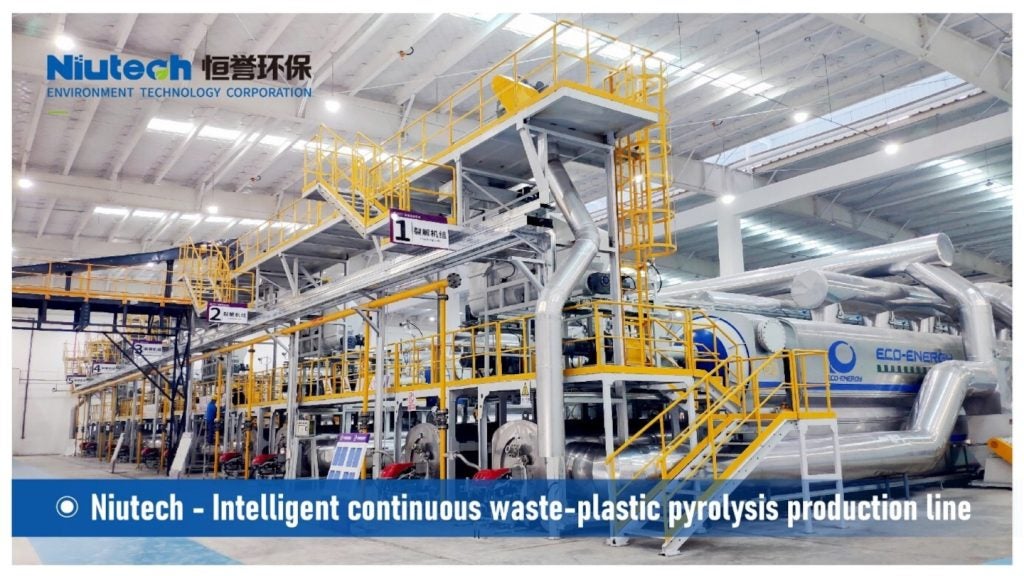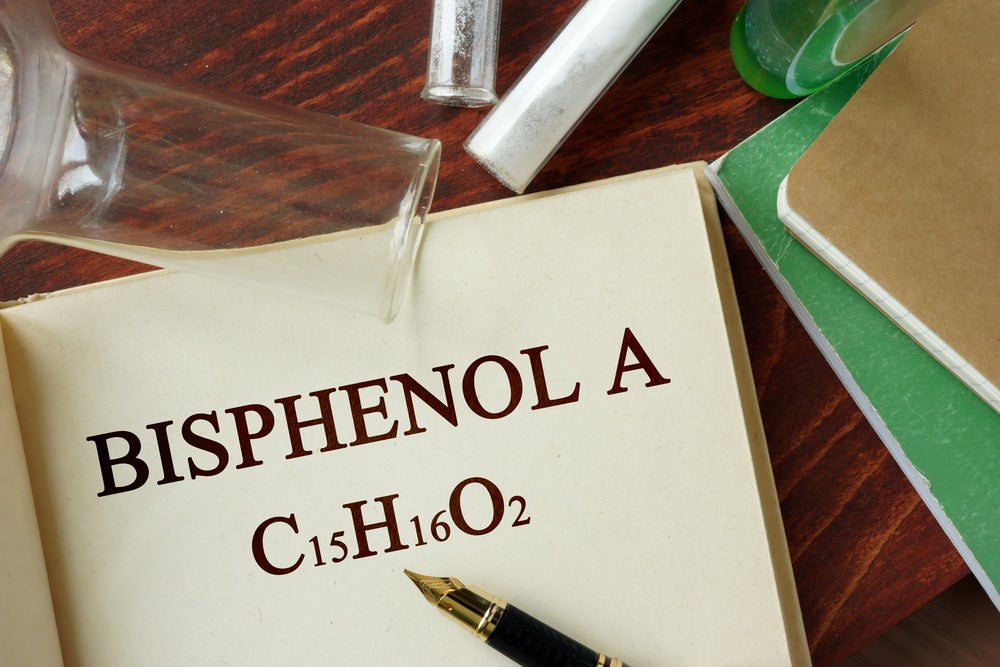Poland has published a draft act introducing major changes to packaging and packaging waste management, aimed at reducing waste and promoting recycling.
The regulations, which implement extended producer responsibility (EPR) rules, place financial and reporting obligations directly on producers and importers of packaging and packaged products.
The draft, released on 13 August 2025 by the Ministry of Climate and Environment, outlines a staged rollout of the new system, with the first measures expected in 2026 and full implementation planned for 2028.
New producer responsibilities and packaging fees
The draft act shifts the cost of managing packaging waste from municipalities and residents to businesses, reflecting the “polluter pays” principle.
Producers and importers will be responsible for the collection, transport, and recycling of packaging waste, with financial liability linked to the mass of packaging placed on the market.
A packaging fee is a key element of the proposal, starting at approximately 0.5 grosz per package in 2026 and gradually increasing until 2028.
While the charge is expected to have minimal impact on consumer prices, it serves as an economic incentive for producers to reduce packaging weight and volume and to use materials that are easier to recycle.
Funds collected through the system will be managed by the National Fund for Environmental Protection and Water Management (NFOŚiGW) and distributed to municipalities and waste management entities.
Alignment with EU packaging and packaging waste regulation
The draft act also transposes new European Union packaging rules, known as the Packaging and Packaging Waste Regulation (PPWR), into Polish law.
These include requirements to minimise packaging weight and volume, eliminate unnecessary components, and ensure all packaging is recyclable.
The act sets targets for the use of recycled content in plastics, including at least 30% for PET packaging (excluding single-use bottles) by 2030, and promotes reusable packaging and refill systems.
Poland’s proposed regulations aim to reduce per capita packaging waste by 5% by 2030, 10% by 2035, and 15% by 2040, while establishing obligations for reusable packaging under the PPWR framework.
Impact on businesses and compliance requirements
The new EPR system is expected to create significant organisational and financial challenges for companies across sectors such as food, cosmetics, and e-commerce.
Businesses will need to review packaging materials, adjust production and logistics processes, and implement IT and compliance systems for reporting.
Centralisation of the system under the NFOŚiGW, replacing existing recovery organisations, has raised concerns among industry groups over potential monopolisation, higher costs, and reduced flexibility.
The draft provides for administrative fines of up to PLN 2 million for non-compliance, covering failures in reporting, environmental standards, and deposit system obligations.
Experts advise companies to begin audits of their packaging portfolios and integrate EPR compliance into sustainability strategies well before the regulations take effect.
The draft act is currently undergoing public consultation, with adoption expected in the fourth quarter of 2025.
Early adaptation by companies may offer opportunities for packaging innovation and competitive advantage, while contributing to Poland’s environmental and circular economy objectives.













